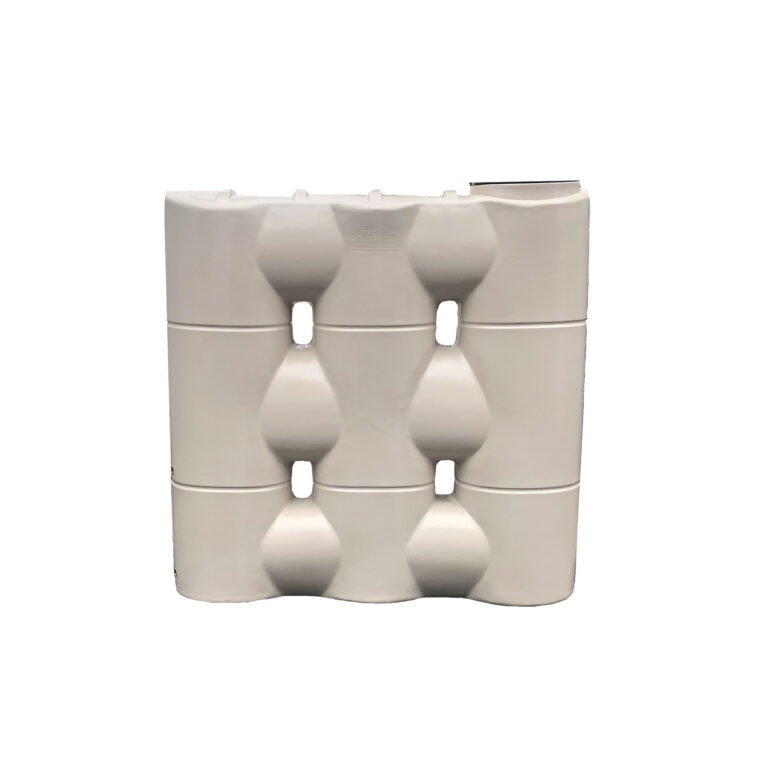Top Notch Slimline Water Tanks: Reliable and Space-Efficient Solutions
Top Notch Slimline Water Tanks: Reliable and Space-Efficient Solutions
Blog Article
Discovering the Various Usages of Rainwater Containers for Residential and Commercial Properties
As the global focus on lasting living practices continues to intensify, the usage of rain tanks in both property and commercial setups has actually emerged as a pertinent option. These containers offer a tank for rainwater harvesting, providing a myriad of possible applications that extend far beyond simple storage space. From watering to toilet flushing and landscaping, the convenience of rainwater storage tanks is huge. Their combination into industrial buildings opens up a world of opportunities for eco aware organizations. The complex uses rain containers offer an engaging case for their fostering, not just as a sensible water-saving measure yet additionally as a testimony to liable source administration.
Advantages of Using Rain Storage Tanks
Making use of rainwater tanks supplies many advantages for both households and neighborhoods in terms of water preservation and sustainability. One of the key advantages of using rainwater containers is the considerable decrease in dependence on mains water supply - Slimline water tanks. By recording and storing rain for later use, people and neighborhoods can decrease their demand for cured water, eventually reducing the problem on water therapy facilities and decreasing power consumption connected with water transportation and treatment
Moreover, rain harvesting with tanks supplies a reliable alternate water resource during times of water limitations or scarcities. This kept rain can be used for numerous non-potable purposes such as watering, purging commodes, and washing clothing, lowering the pressure on conventional water resources. Additionally, using rain containers can lead to cost savings for both households and neighborhoods by reducing water costs and decreasing the need for expensive facilities developments to fulfill expanding water demands.
In essence, the use of rain containers offers a sustainable and eco-friendly strategy to water monitoring, profiting both specific customers and the broader community in terms of water conservation, cost-efficiency, and resilience.
Rainwater Container Usage in Irrigation
Given the benefits of rainwater tanks in conserving water resources and reducing dependence on mains supply of water, a considerable application hinges on using stored rainwater for irrigation objectives - Slimline water tanks. Rain collecting systems can successfully collect and save rain, giving a lasting water source for watering yards, grass, and farming areas. By utilizing rainwater for irrigation, homeowner can minimize their reliance on cured water resources, resulting in cost financial savings and ecological benefits

Among the primary benefits of using rainwater for watering is its pureness. Rainwater is naturally soft and devoid of the chemicals and additives commonly found in mains water, making it excellent for nourishing plants without the danger of unsafe effects. Furthermore, rain goes to ambient temperature, which can profit plant development by avoiding temperature shocks that can happen with cool mains water.
Rainwater Storage Tanks for Commode Flushing

Applying rainwater tanks for bathroom flushing is an affordable and environmentally pleasant practice that can be quickly integrated right into both residential and business homes. The stored rain can be made use of to flush toilets by connecting the container to the existing pipes system. This simple yet efficient solution can substantially decrease water usage in a structure, especially in locations where water scarcity is a problem.

Including Rain Containers in Landscape Design
These tanks can record and store rain runoff from roof coverings, which can then be made use of for watering yards, lawns, and plants. By making use of rainwater for watering purposes, property proprietors can reduce their reliance on community water resources, leading to set you back savings and preservation of precious straight from the source water sources.
In addition recommended you read to supplying a sustainable water resource for landscape design requirements, rain containers can additionally aid in taking care of stormwater drainage. By catching rainwater that would certainly otherwise stream into tornado drains pipes, these storage tanks can minimize erosion, decrease flooding threats, and prevent contamination of all-natural water bodies. Including rain tanks in landscaping can add to the total visual appeal of the home, showcasing a dedication to ecological stewardship.
Business Applications of Rain Containers
Making use of rain containers in commercial settings provides a sustainable service for water administration and conservation, benefiting services and the atmosphere alike. Industrial applications of rainwater storage tanks vary and significantly preferred as a result of the price financial savings and ecological advantages they supply. One crucial industrial use is for watering purposes, where harvested rain can be made use of to water landscape design, yards, and Resources farming fields surrounding commercial homes. This can cause significant reductions in water bills and reliance on municipal water sources.
Additionally, rainwater gathered in containers can be dealt with and used for non-potable functions within business residential or commercial properties, such as flushing bathrooms, cleansing, and cooling down systems. Overall, the consolidation of rain containers in business settings presents a functional and eco liable approach to water monitoring.
Conclusion
From watering to commode flushing and landscape design, the use of rainwater tanks can help conserve water sources and minimize water expenses. Overall, the versatility and sustainability of rain storage tanks make them an important investment for any kind of residential or commercial property owner looking to increase water performance.
Report this page